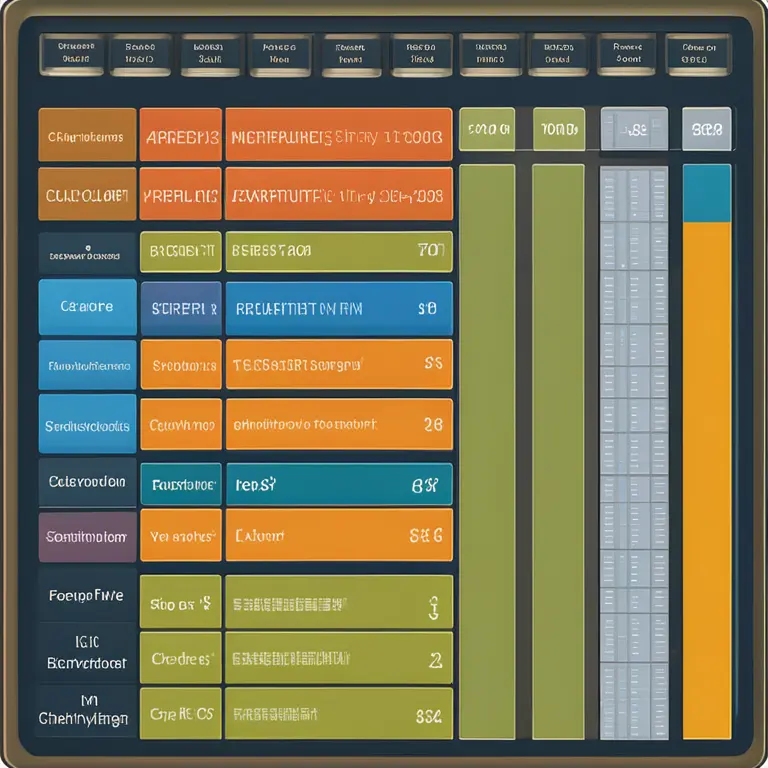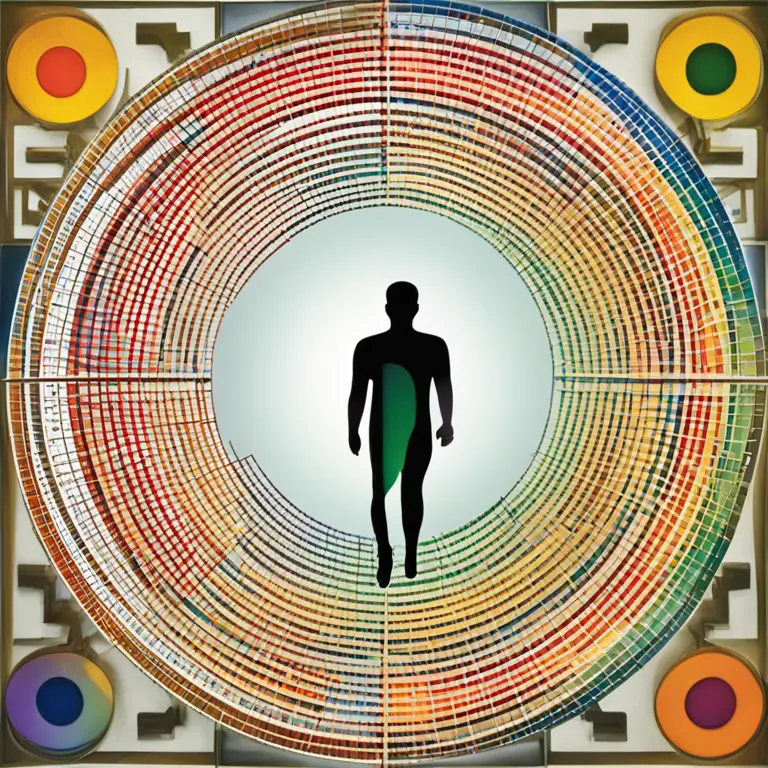
The Rhythms of Life: Decoding Your Biorhythm Cycles
Discover the science of biorhythm cycles and how they influence your physical, emotional, and intellectual states through life's natural rhythms.
article by Adrian Wallace
Introduction to Biorhythms
Biorhythms represent a fascinating aspect of human life, charting unseen rhythms that purportedly affect our physical, emotional, and intellectual faculties. Originating from the early 20th-century claims of Dr. Wilhelm Fliess, biorhythms have found a permanent home in the world of self-awareness and personal optimization. As we grapple with the possibilities of tomorrow, understanding the potential impacts of our natural cycles can be crucial in navigating the complexities of modern living. This article delves into the principles of biorhythms, their historical context, and their applications in 2024 and beyond.

The Three Primary Cycles
Central to biorhythmic theory are three primary cycles: the physical, emotional, and intellectual cycles, each with distinct durations. The physical cycle, lasting 23 days, influences stamina, strength, and overall physical condition. The emotional cycle, spanning 28 days, guides our mood, creativity, and affective states. Lastly, the intellectual cycle, operating on a 33-day rotation, affects cognition, alertness, and analytical abilities. By charting these cycles, individuals seek to anticipate fluctuations in their capabilities and perhaps optimize daily living, decision-making, and productivity.

Charting Your Personal Biorhythms
With advancements in technology, charting one's biorhythms has never been easier. A plethora of apps and online calculators now exist to provide personalized biorhythm charts. These tools typically require a user's birth date as the primary data point from which to calculate and predict cycle phases. The concept posits that understanding when one cycle ascends into a 'high' phase or descends into a 'low' can be instrumental in planning activities and understanding personal interactions.

The Science Behind Biorhythms
Despite its popularity in certain circles, the scientific community regards biorhythms with skepticism. Critics argue that empirical evidence is lacking to substantiate the claims made by biorhythm theory. However, enthusiasts counter that the sheer volume of anecdotal experiences can't be overlooked, and the prevalence of biorhythmic considerations in disciplines such as chronobiology opens the door to potential correlations with known physiological rhythms, like circadian rhythms that have significant proven impacts on human health and behavior.

Using Biorhythms for Self-Improvement
Proponents of biorhythms suggest using the knowledge of one's cycles to improve life quality. By aligning tasks with the predicted 'highs,' such as tackling challenging projects during a peak in the intellectual cycle, one may theoretically optimize performance. Conversely, during predicted 'lows,' activities can be accordingly adjusted. Although personal evidence might seem compelling, users are encouraged to combine the insights gained from biorhythms with other well-established personal development practices.
Criticism and Controversy
Despite the intriguing premise, biorhythms are not without controversy. Critics often point out the lack of rigorous scientific validation and the generalization of cycle timings across all individuals. Furthermore, some assert that the placebo effect may account for the perceived benefits, and reliance on biorhythms can lead to self-fulfilling prophecies. Nonetheless, in an era teeming with self-tracking and quantified-self movements, biorhythms continue to intrigue a niche audience seeking deeper self-knowledge.
Future of Biorhythms
As we venture deeper into the 21st century, it's possible that the study of biorhythms may evolve, incorporating more robust data analytics and integrating findings from neuroscience and psychology. The fascination with personal rhythms—whether scientifically validated or not—underscores humanity's continued quest for understanding the ebbs and flows of our daily existence. For those intrigued by the melding of ancient concepts with modern technology, biorhythms offer an enticing, if speculative, avenue for exploration.
Published: 1/30/2024
Modified: 1/30/2024
More predictions
Come back here soon to learn more about yourself and your future


Biorhythm Compatibility: Syncing Life’s Rhythms for Harmony
Discover the significance of biorhythm compatibility and how it can impact your relationships, enhancing personal connections through natural life cycles.


The Basis of Biorhythms: Cyclical Influences on Human Life
Discover what biorhythms are and how they theoretically affect your daily life through inherent biological cycles.


The Rhythms of Life: Biorythms Simplified
Delve into the fascinating world of biorhythms and discover how these biological patterns can affect your daily life and personal growth.